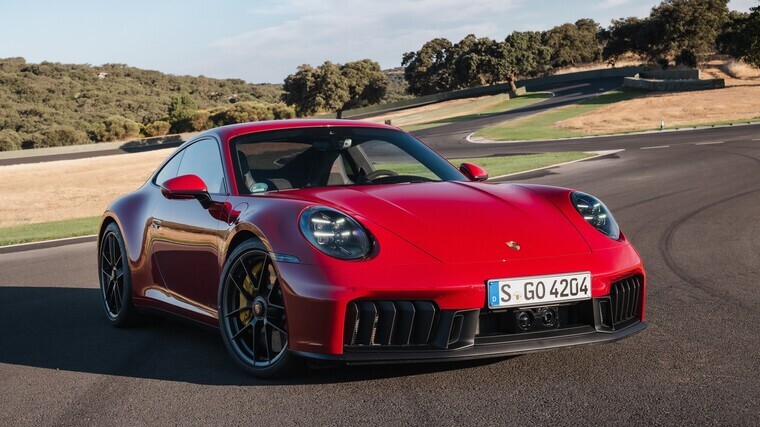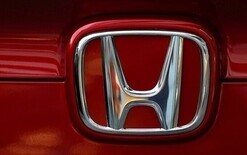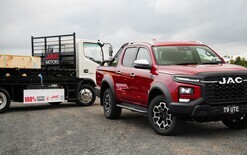Major problems hit Porsche

Porsche is facing a mounting crisis with sales in China collapsing and those in America being impacted by higher tariffs.
And the marque’s electrification strategy is losing its charge after the Volkswagen Group subsidiary restated that 80 per cent of the new Porsches sold worldwide by 2030 would be fully electric – except for the 911, pictured.
Within the past 14 months, Porsche has rolled back its plans for 50 per cent of its vehicle sales to be battery electric vehicles (BEVs) and plug-in hybrids by 2025.
In November, it announced the development of new derivatives of internal combustion engines after global sales of its BEVs slumped on weak demand in China.
Porsche has delayed the launch of its electric 718 Boxster and Cayman, and a new three-row SUV. In addition, it has cut its full-year sales revenue forecast.
The brand expects a dip in US sales after consumers pulled forward purchases earlier this year to beat tariffs, reports Automotive News. To reverse the slide, Porsche plans to implement restructuring measures and cut as many as 8,000 jobs, according to media reports.
Chinese models challenge Porsche
Fierce competition in China is hitting Porsche hard. Its first-quarter sales there were down by 42 per cent year on year. It attributes this to the “very challenging market conditions, especially in the luxury segment, and the high level of competition in the Chinese market”.
This is in sharp contrast to 2021 when Porsche’s sales there peaked at 95,671 units and China was the marque’s largest-single market for the seventh year in a row.
Chinese start-ups are now muscling onto Porsche’s patch by introducing sporty challengers that are technically advanced. While the Chinese alternatives might not be as high performing as Porsche’s, they attract consumers by offering value for money.
In the mid-term, new models with technology and features more catered to the Chinese market could help Porsche regain market share.
That said, US tariffs are expected to raise car prices by thousands of dollars, adding to Porsche’s woes because it imports all its vehicles from Europe.
Going forward, it’s unlikely Porsche will set up a US manufacturing base because of the time and capital costs involved, although it could benefit by working together in America with the VW Group.
Problems getting batteries
Porsche is being weighed down by battery-supply issues. In June 2021, it set up Cellforce to develop and produce its own high-performance cells. “This positions us at the forefront of global competition for the most powerful battery cell,” said CEO Oliver Blume at the time.
Now, Porsche no longer plans to expand high-performance battery production at Cellforce, citing falling demand in China. On March 1, the brand secured a majority stake in Varta’s e-mobility battery unit in an attempt to secure a supply of high-performance cells for its EVs.





